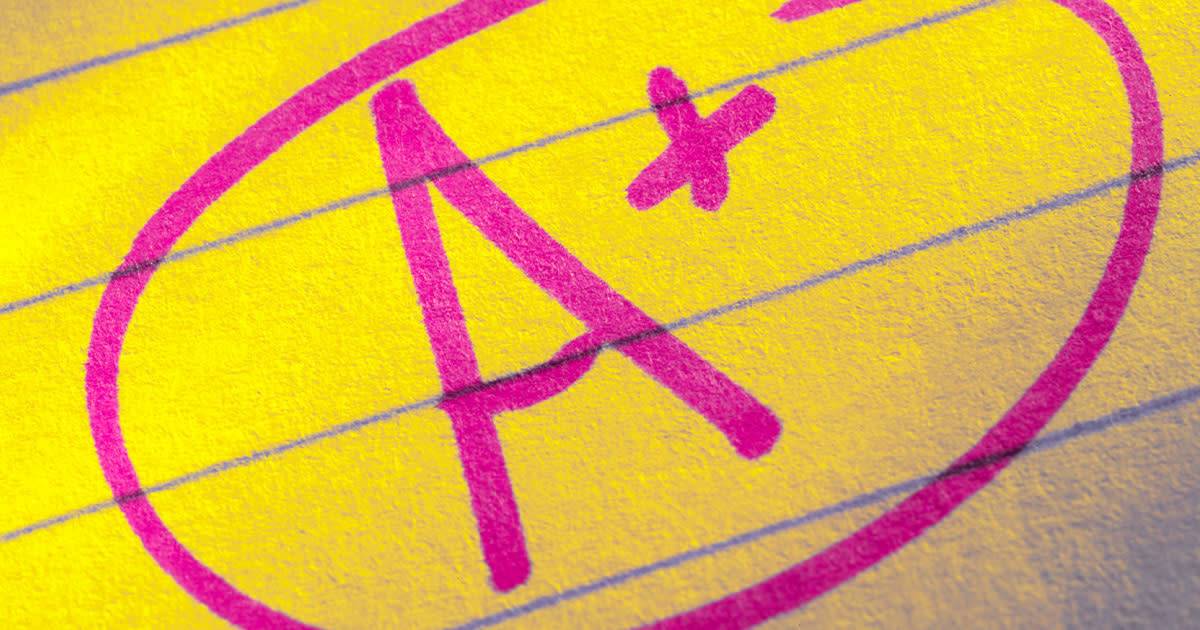AI-Generated Answers Fool Professors, Get Better Grades Than Human-Written Ones

Hidden Figures
In a sneaky but clever experiment, researchers at a United Kingdom university turned in AI-generated answers to real tests at their own institution, hoodwinking fellow professors and earning better grades than actual students.
The study, done at Reading University and published in the journal PLOS ONE, exemplifies how AI is upending education overall and giving instructors novel headaches as they try to figure out how to educate and assess students going forward.
"Our study highlights the responsibility we have as producers and consumers of information," Reading psychology professor and study coauthor Etienne Roesch said in a statement about the research. "We need to double down on our commitment to academic and research integrity."
For the study, the researchers took exams from several undergraduate courses on psychology, prompted OpenAI's ChatGPT to generate answers for them, and submitted the resulting work with fake student names. The exams either required short written answers of at most 200 words or essays of 1,500 words.
Other professors, who were unaware of the study, graded the exams and only called out the AI-generated answers at a dismal six percent, according to the paper, with the great majority passing as human-made. And significantly, the AI answers got higher marks compared to actual students at Reading.
What's Next
Calling it the "largest and most robust blind study of its kind" on AI's impact on education so far, the researchers claim the study demonstrates that ChatGPT can pass the Turing Test, a method to see if a computer can converse with a human being and fool that person in thinking that the computer is another person.
The researchers in the study also propose that the way students are assessed should change, suggesting that AI should be incorporated into education in some way.
On evaluating students and preventing AI-aided plagiarism, educators have already been examining their options, from oral exams to in-class work. Take-home exams or even tests done on a computer could quickly become a thing of the past, if they're not already on the way out.
But in terms of using AI in the classroom, that's a controversial subject that's sure to divide educators who either fall into panicky doom that future students will become helpless and rely on AI as a crutch, or optimism that AI is another cool tech tool with no significant downsides.
Time will tell where society is headed.
More on AI: In New Experiment, Young Children Destroy AI at Basic Tasks

 Yahoo News
Yahoo News 
